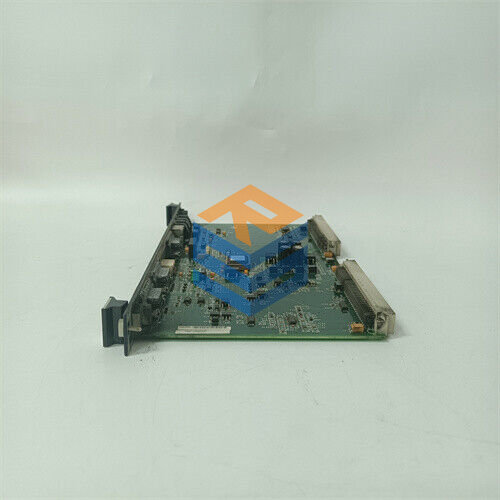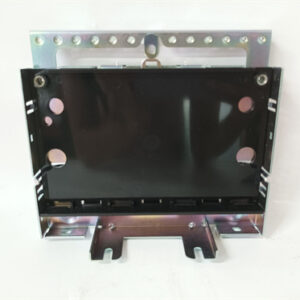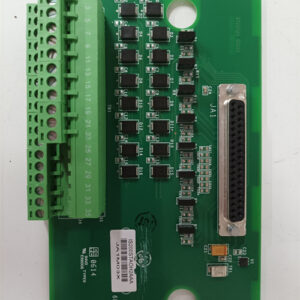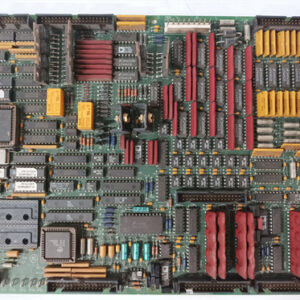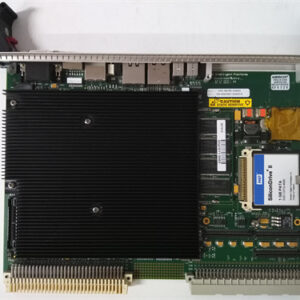الوصف
GE DS4815OIFA OPERATOR INTERFACE
The GE DS4815OIFA is an Operator Interface Module for the Mark V Speedtronic turbine control system. It serves as the primary communication bridge between the main control processors and the Human-Machine Interface (HMI) devices, such as a video driver card, a monitor, and a keyboard.
Technical Breakdown 🧠
This module is a core component for a turbine control system’s user interaction.
- HMI Communication Bridge: The
DS4815OIFAfacilitates the bidirectional flow of data between the control system’s core processors and the operator’s interface. It receives real-time operational data, alarms, and diagnostic information from the processors and formats it for display on a screen. Conversely, it receives commands from the operator (via a keyboard or other input device) and sends them to the main processors for execution. - Data Flow Management: The card is responsible for managing the seamless transfer of critical information, ensuring that the operator sees up-to-the-minute data on the turbine’s status and can issue commands without delay.
- System Integration: The module is designed to plug directly into the Mark V backplane, providing a high-speed, reliable connection that is essential for real-time control and monitoring.
Applications 🏭
The DS4815OIFA is a fundamental component in Mark V control panels for:
- Operator Control: Enabling operators to start, stop, and adjust the turbine’s operational parameters.
- Real-Time Monitoring: Displaying a live view of all critical turbine data, alarms, and events.
- Diagnostics: Facilitating system diagnostics by providing the interface for viewing system health and troubleshooting information.
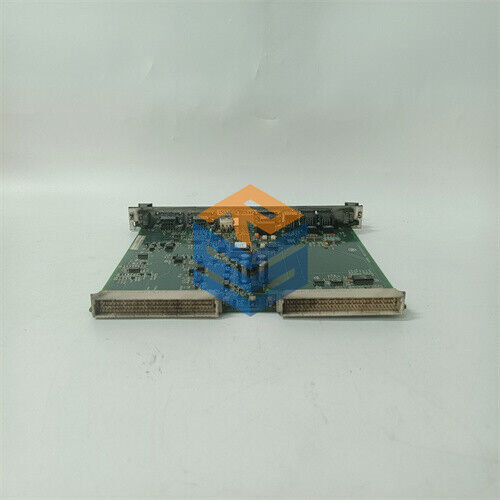

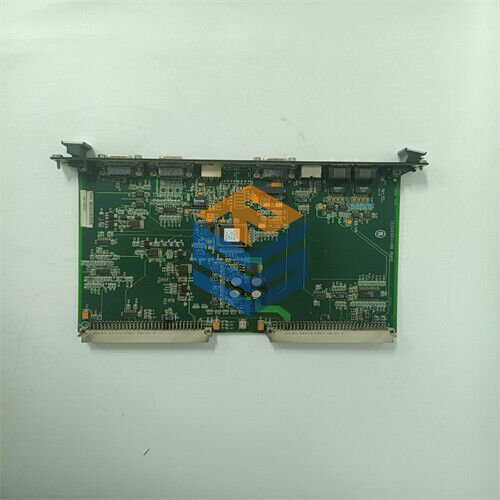
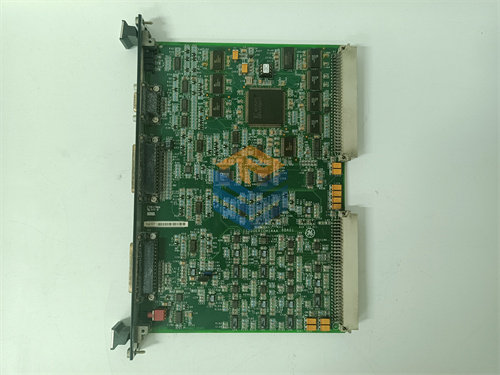

 +86 15340683922
+86 15340683922 +86 15340683922
+86 15340683922